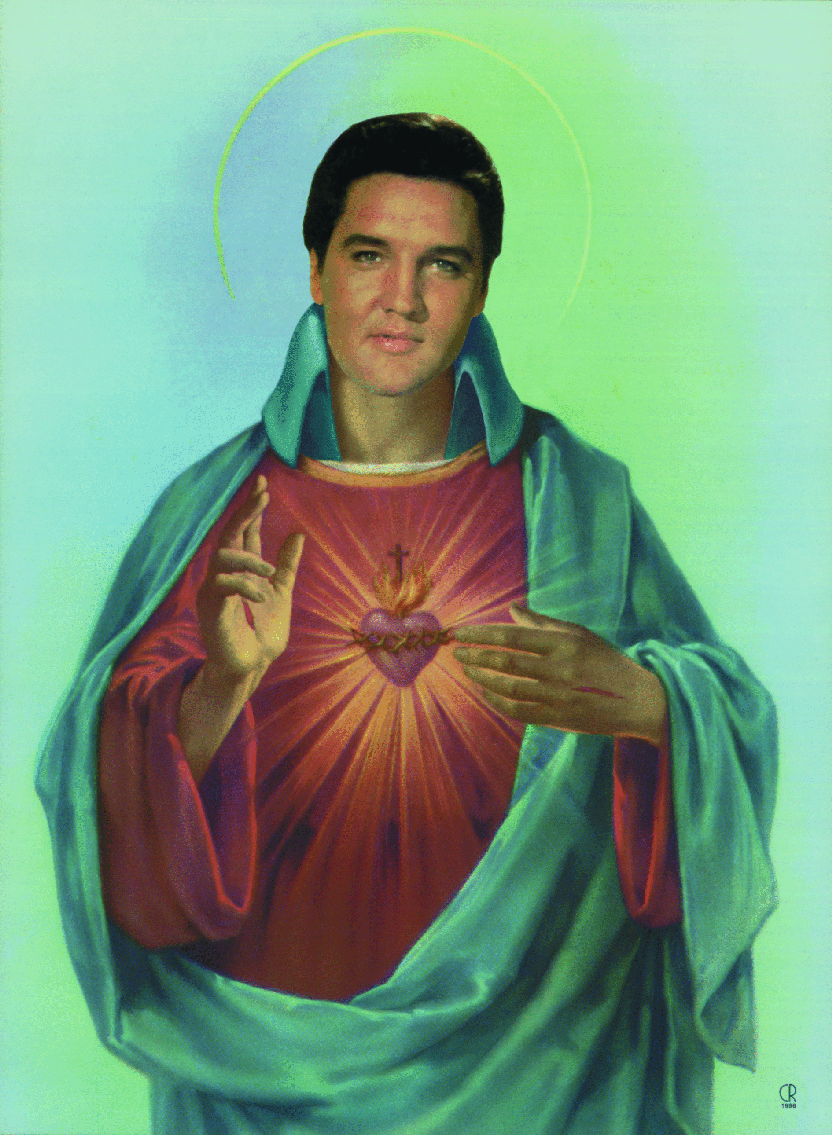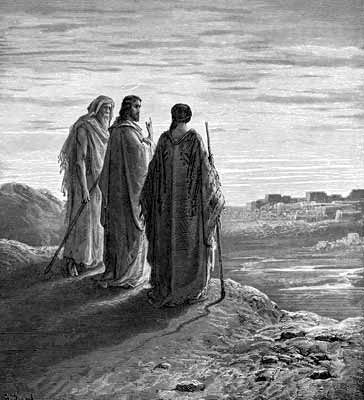There’s two schools of thought about statistics. One says, statistics don’t lie, and the  second says, anything can be proven from statistics. But I’m unsure which category the following statistics should go under.
second says, anything can be proven from statistics. But I’m unsure which category the following statistics should go under.
According to a recent Gallup poll entitled Questions and Answers about Americans’ Religion, more than 8 out of 10 Americans identify with a Christian faith. Of course, the devil’s in the details:
About 82% of Americans in 2007 told Gallup interviewers that they identified with a Christian religion. That includes 51% who said they were Protestant, 5% who were “other Christian,” 23% Roman Catholic, and 3% who named another Christian faith, including 2% Mormon.
Because 11% said they had no religious identity at all, and another 2% didn’t answer, these results suggest that well more than 9 out of 10 Americans who identify with a religion are Christian in one way or the other.
Those numbers rise and fall each year but, by and large, the majority of Americans continue to “identify” with Christianity. This usually invokes one of two responses:
- CELEBRATION — Whether or not Americans are genuinely saved, regularly attend church, or are biblically literate, is beside the point. The fact that, when forced to concede a religious preference, Americans give the nod to Christianity — as opposed to atheism, Hinduism, Satanism, or The First Church of Jesus Christ Elvis — says much about our country’s religious roots and the sway of the “Christian worldview.” The fact that most Americans identify themselves as Christians proves that Christianity is relatively healthy.
OR
- SKEPTICISM — The Bible defines Christianity as a “narrow road” in which “few are chosen.” Jesus said that, on the last day, “many” who claim to be followers will be banished from heaven (Matt. 7:22). Furthermore, if Christianity defines itself too broadly, it is forced to water down its message and compromise its distinctives. What makes Christianity great is not its similarities with other religions, but its differences. The fact that most Americans identify themselves as Christians proves that Christianity is relatively unhealthy.
 That Gallup includes Mormons in the Christian camp is indicative of the statistical “watering down” that often occurs in these polls. (I recently broached this subject, and the major differences between Christianity and Mormonism, in my post Evangelical Voters Square Off with Romney.) If the poll would nail down specific Christian distinctives like
That Gallup includes Mormons in the Christian camp is indicative of the statistical “watering down” that often occurs in these polls. (I recently broached this subject, and the major differences between Christianity and Mormonism, in my post Evangelical Voters Square Off with Romney.) If the poll would nail down specific Christian distinctives like
- Have you been “born again”?
- Do you believe Jesus Christ is the ONLY way to God?
- Is hell a real place?
- Is Scripture the literal Word of God?
then my guess is the numbers would be a lot lower. The fact that the Gallup poll defines “religious identity” in terms of “church affiliation and involvement” says much about our conceptions of what makes a person genuinely religious. In reality, if active church involvement is the defining factor of Christian identity, then even many genuine believers would be considered outside the loop. So, once again, the numbers are skewed.
Either way, when it comes to these kinds of polls, I tend to find myself somewhere in between CELEBRATION and SKEPTICISM. Let’s get real: 8 out of 10 Americans are NOT Christians — at least according to how the Bible defines “Christian.” Nevertheless, I do believe the fact that, when given a choice, most Americans side with Christianity is a very, very positive thing.
Where do you fall on the CELEBRATION / SKEPTICISM spectrum? Do polls like this encourage you or make more fearful about the condition of American Christianity?















I think polls like these are meaningless, a total waste of time. All we have to do it look around. Jesus told us how to tell whether rebirth has happened… there will be fruit, there will be LOVE. If 8 out of 10 Americans were Christians, we’d see FRUIT. It would show up on the big screen, on the news, in the paper, in song lyrics, in the sort of laws being passed…
Who needs polls?
One more thought: the results of this poll just go to show you how EASY it is to be a Christian in America. If you were asked the same questions in another country– say Sudan or China or Pakistan– you wouldn’t say, “Yes, I’m a Christian” unless you were willing to die for it.
I think the polls show that there is a God awareness or a desire for there to be a God. In the generations ushered into life from the 60s on, the knowledge of what the Bible really says about the triune God has been reduced. That I was saved at the age of 30 in the late 70s after experiencing the degeneration of the “drugs, sex, rock ‘n’ roll” era is its own miracle.
We, as Christians, all know that regular church attendance does not qualify a person as a Christian but certainly does demonstrate their religiosity.
Hopefully, some of those poll people are searching for Him because if they truly are, He’ll make sure they find Him.
I’m on the celebrate side, but not because of the statistics. I have recently become aware how far reaching atheistic humanism and even paganism are in Europe. I’ve known how impenetrable Japan is, and Africa, how muddled Christianity is in Latin America. In light of what’s going on in the world, America still looks like we’re holding the candle high overhead.
But it still is a candle. And it needs to shine first here at home because the numbers of people thinking they’re walking in light when they actually are stumbling blind toward the abyss seems to be growing.
The celebration is due to the fact that God isn’t swayed by the statistics, or surprised or undone.
Becky
Thanks for the comments! Janet, while I don’t consider these polls as “meaningless” and “a total waste of time,” I understand how Christians get frustrated with them. The Gallup poll goes into great detail about the accuracy or inaccuracy of defining one’s religious sincerity. They are simply attempting to show what religion Americans “identify” with, not which Americans are genuinely Christian. We can read our interpretation into it from there.
Nicole, I agree that “. . .the polls show that there is a God awareness or a desire for there to be a God.” We can debate how “Christian” the folks represented in this poll are, but the fact that they “identify” with Christianity, as opposed to another religion, says a lot about “God awareness,” even “Christianity awareness,” in our culture.
Becky, I agree with your perspective and see this poll as a double-edged. In most other countries, Christianity would not have such a favorable showing. This may just be the echo our our Christian roots, but the fact that people still gravitate toward Christianity when given a choice, is encouraging. The flip-side, as you point out, is the watering down that such mass assent potentially does to our conception, and practice, of Christianity.
I guess I didn’t make my point very well. What I was trying to say is that common sense, use of our eyes and ears and the measuring stick Jesus spoke of, would be more useful for US (the Christians) in determining how many Christians there are in America. Do you not agree that 8 out of 10 Americans being believers would change our nation in big ways? i.e. lower crime rates and less addiction?
I did not mean that every poll is useless, and I know Gallup is a good one, as polls go.